Lawrence - The Bruce B. Lawrence Reader
Here you can read online Lawrence - The Bruce B. Lawrence Reader full text of the book (entire story) in english for free. Download pdf and epub, get meaning, cover and reviews about this ebook. year: 2020, publisher: Duke University Press, genre: Romance novel. Description of the work, (preface) as well as reviews are available. Best literature library LitArk.com created for fans of good reading and offers a wide selection of genres:
Romance novel
Science fiction
Adventure
Detective
Science
History
Home and family
Prose
Art
Politics
Computer
Non-fiction
Religion
Business
Children
Humor
Choose a favorite category and find really read worthwhile books. Enjoy immersion in the world of imagination, feel the emotions of the characters or learn something new for yourself, make an fascinating discovery.

- Book:The Bruce B. Lawrence Reader
- Author:
- Publisher:Duke University Press
- Genre:
- Year:2020
- Rating:5 / 5
- Favourites:Add to favourites
- Your mark:
- 100
- 1
- 2
- 3
- 4
- 5
The Bruce B. Lawrence Reader: summary, description and annotation
We offer to read an annotation, description, summary or preface (depends on what the author of the book "The Bruce B. Lawrence Reader" wrote himself). If you haven't found the necessary information about the book — write in the comments, we will try to find it.
The Bruce B. Lawrence Reader — read online for free the complete book (whole text) full work
Below is the text of the book, divided by pages. System saving the place of the last page read, allows you to conveniently read the book "The Bruce B. Lawrence Reader" online for free, without having to search again every time where you left off. Put a bookmark, and you can go to the page where you finished reading at any time.
Font size:
Interval:
Bookmark:
The Bruce B. Lawrence Reader
Islam beyond Borders
Edited and with an Introduction by
ALI ALTAF MIAN
DUKE UNIVERSITY PRESS Durham and London 2021
2021 Duke University Press
All rights reserved
Printed in the United States of America on acid-free paper
Designed by Matt Tauch
Typeset in Huronia Latin Pro by Westchester Book Group
Library of Congress Cataloging-in-Publication Data
Names: Lawrence, Bruce B., author. | Mian, Ali Altaf, [date] editor., writer of the introduction.
Title: The Bruce B. Lawrence reader : Islam beyond borders / Bruce B. Lawrence ; edited and with an Introduction by Ali Altaf Mian.
Other titles: Islam beyond borders
Description: Durham : Duke University Press, 2021. | Includes bibliographical references and index.
Identifiers: LCCN 2020017613 (print) | LCCN 2020017614 (ebook) | ISBN 9781478010241 (hardcover) | ISBN 9781478011293 (paperback) | ISBN 9781478012825 (ebook)
Subjects: LCSH : Islam.
Classification: LCC BP 163 .L 397 2021 (print) | LCC BP 163 (ebook) | DDC 297dc23
LC record available at https:// lccn .loc .gov /2020017613
LC ebook record available at https:// lccn .loc .gov /2020017614
I never imagined that my life would unfold as an academic, much less one focused on the Islamic world. I did major in Near Eastern studies, along with History, when I was an undergraduate at Princeton. I was convinced that I would become a foreign service officer, after first serving a term in the US Navy as a junior officer. The Navy stint inspired me to think about religion, not least because President Kennedy was assassinated while I was serving in DC. I anticipated a gloomy period in world history better served by meditation than mediation. Three years at the Episcopal Divinity School launched me as an Episcopal priest but also made me interested in the life of the mind beyond the boundaries of the church. I was admitted to Yale as a Ph.D. student, intent on exploring Abrahamic roots for Judaism, Christianity, and Islam. Hinduism, however, displaced Judaism on my agenda, as I became fascinated with the Vedas and ancient Indian thought. I had not yet finished my Yale Ph.D., relating Islamic thought to Indian subjects, when I was hired at Duke. A first job became a lifetime career. I never left Duke, though I did travel to many parts of Muslim Asia during forty years on the Duke faculty. Especially formative were two years I spent in India as a visiting scholar at Aligarh Muslim University. I felt a great affinity for Sufism, not least for medieval Indian exemplars related to a South Asian order, the Chishtiyya. Alas, international catastrophes redefined my academic labor. First, the Iranian Revolution in 1979 shifted me to thinking comparatively about extremist religion, or fundamentalism, across the Abrahamic spectrum, and then the 2001 attacks on the United States compelled me to revisit Islam at its roots, in the Quran as scripture, in order to find the different threads of belief that could produce both Sufism and terrorism.
In all these labors I have been assisted by a companion who exceeds me in her zest for travel and her passion for writing. miriam cooke has accompanied me on research/teaching forays that stretch from North Africa to Southeast Asia, from Morocco to Indonesia, and many other places in between. She has also read nearly everything I have written since 1980, improving the argument as well as the accessibility of all my literary output as a scholar of Islam.
I have also had the benefit of extraordinary colleagues, both at Duke and elsewhere. Carl Ernst heads the list, having been my collaborator, co-teacher, and catalyst since the early 1990s, when he moved from Pomona College to the University of North Carolina. We co-wrote a book on Chishti Sufism that is among the selections in this volume, and we also co-edited a series of monographs, Islamic Civilization and Muslim Networks, for the University of North Carolina Press. I should also mention the late Richard C. Martin, from Emory, who helped on numerous publication ventures, including the volume coedited with Carl Ernst that marked my retirement from Duke, Rethinking Islamic Studies: From Orientalism to Cosmopolitanism. Among numerous others are two former Duke colleagues, Vincent Cornell (now at Emory) and Ebrahim Moosa (now at Notre Dame). I learned from them about different forays of scholarship and also the beauty of collaboration.
Of equal benefit to me have been loyalty and inspiration from many former students. I esteem them all, from Michael Browder, my first doctoral student, to Brett Wilson, my last, but the one who has done me a singular service is Ali Altaf Mian. Ali entered the Ph.D. program in Islamic studies at the very end of my career at Duke. I had the pleasure of knowing him in several classes, though I was not on his Ph.D. committee. Ali Mian did me the extraordinary favor of registering all my writings in a list that he produced for me toward the end of his course work at Duke. Like most academics, I have a curriculum vitae, one that I updated annually, sometimes semi-annually, in order to demonstrate my level of scholarly production. Alis list went beyond a seriatim record, however. He also thought of categories into which different essays, articles, and book chapters might be slotted, and that produced a thematic template of my scholarship, one that I had never conceived or had even imagined as possible.
What you have before you is the outcome of Ali Mians diligent labor, from the sketch of an overview to the arrangement of selections within parts, each with an introduction that makes all the chapters register as a coherent whole. Moreover, he has made sense of my scholarship in the broadest possible forum. Above all, I have striven to produce, as he writes in the introduction, scholarship that crosses territorial and disciplinary boundaries to account for Islams difference and multiplicity. Such scholarship is relevant in todays world, for it bridges barriers between Muslim and non-Muslim communities, between local and global concerns, between popular and scholarly networks. Ali Mians hope is also mine: To stage an argument for the political purchase and analytical value of compassionate, engaged scholarship on Islam and Muslims. May the outcome of this volume be the success of this argument, not least among those who have yet to experience the full challenges of the twenty-first century. May it motivate todays students to become tomorrows citizens, prisoners of hope striving for a global comity enhanced by Muslims, enriched by Islam!
I could never have undertaken this project without the insight, generosity, and patience of Ali Mian. While a Duke graduate student, he grasped my ideas through several assignments, pursued other publications not assigned, and then at a point back in 2013, over seven years ago, proposed that he would like to assemble a Bruce Lawrence Reader. He excelled in everything, from big ideas to small tasks, monitoring the process as though it were his own first monograph. He enlisted numerous students at Seattle University to help him as typists, and we met both in Seattle and Durham on more than one occasion to review progress, and correct mistakes, together. Though I cannot repay it, I must acknowledge my deep gratitude to him.
In addition, Miriam Angress, also a former student, responded to the project with imagination and diligence in her role as a Duke University Press editor, and as we ploughed through several versions, Miriam also sought outside readers, all anonymous but all generous, who gave their time and perceptive feedback.
Also attuned to the project and reading it with the eye of a generalist who sees mistakes small and large was Dr. James Cross, father of yet another Duke student, Jonathan Cross. Finally, Professor Scott Kugle, who studied at Duke some two decades ago, helped trace sources and gave valuable suggestions. Another colleague, the late Professor Richard C. Martin, offered suggestions that helped shape the final version into a better book. My closest family members were also vigilant: my daughters, Rachel and Anna Lawrence, both read parts of the whole and offered their vision of what it could and should be. Further, my wife and soul mate, Professor miriam cooke, did what no one else could do: she urged me forward even when it seemed there were too many hurdles, and too big a challenge, to assemble all the parts of this book you are now about to read. I am in miriams debt for many of the individual pieces, including the introduction to a book that we co-edited, but even more for the devotion and support that make a distant dream now a near reality. Finally, backstage but still invaluable are the publishers of all that appears in these pages: I thank numerous presses and journals for giving Ali Mian permission to reprint my work here.
Font size:
Interval:
Bookmark:
Similar books «The Bruce B. Lawrence Reader»
Look at similar books to The Bruce B. Lawrence Reader. We have selected literature similar in name and meaning in the hope of providing readers with more options to find new, interesting, not yet read works.
Discussion, reviews of the book The Bruce B. Lawrence Reader and just readers' own opinions. Leave your comments, write what you think about the work, its meaning or the main characters. Specify what exactly you liked and what you didn't like, and why you think so.

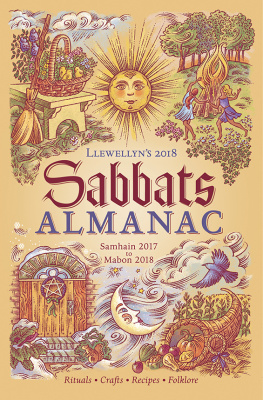

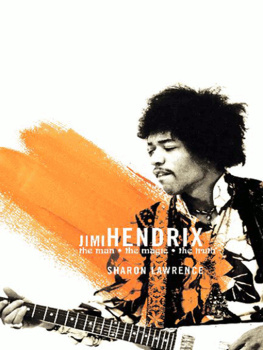
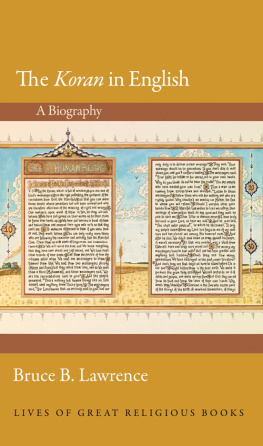
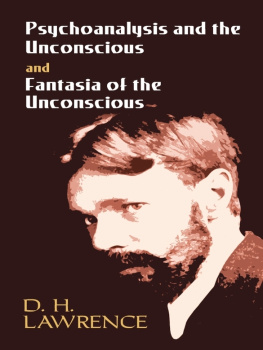
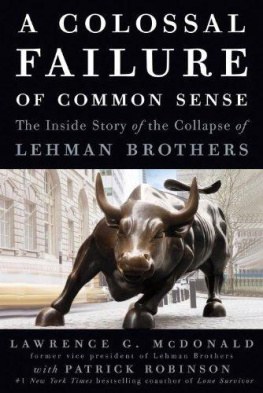
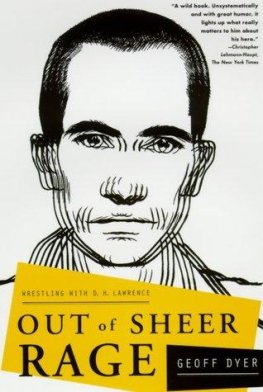
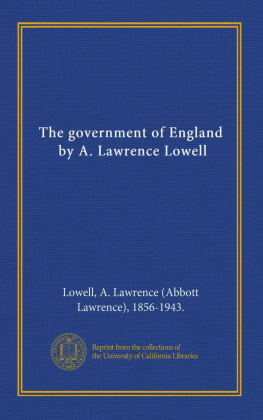
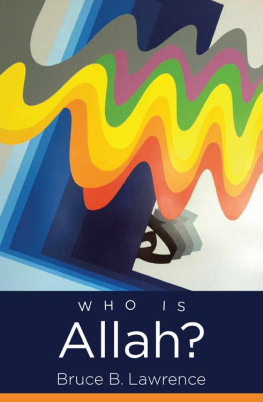
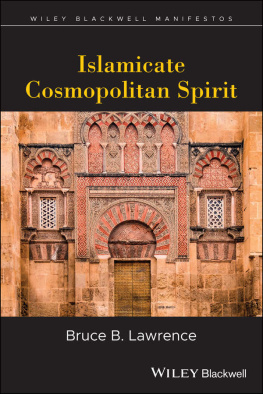
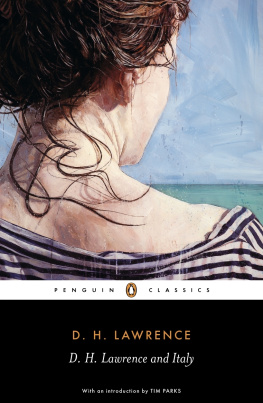
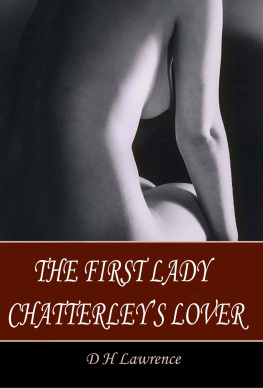
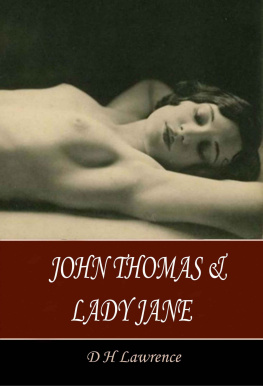

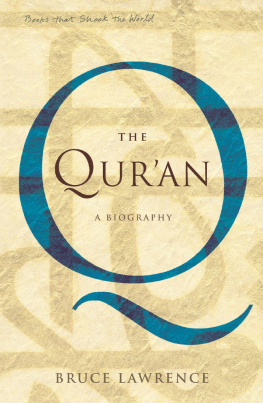
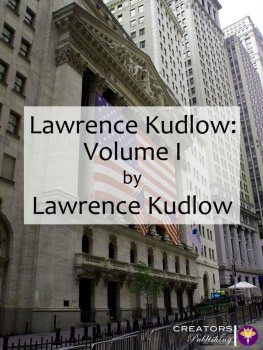
![D. H. Lawrence [Lawrence - Sons and Lovers [Annotated Version]](/uploads/posts/book/61295/thumbs/d-h-lawrence-lawrence-sons-and-lovers.jpg)